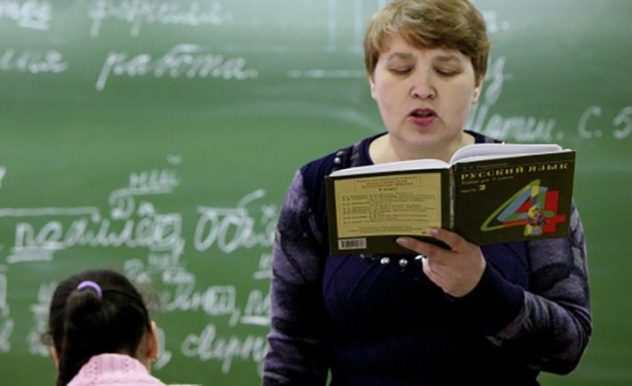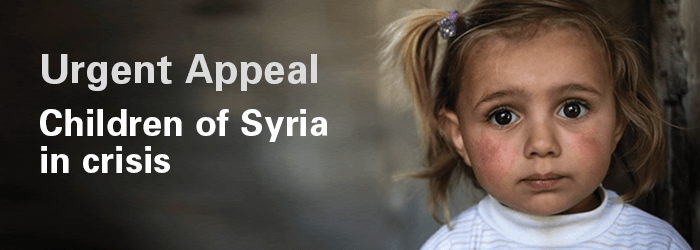Russia now allows all to study Russian as their native language

The State Duma recently established new rules for studying native languages and regional ethnic languages in schools. Deputies made changes to the Federal law “On education in the Russian Federation”.
The new law gives parents the freedom to choose the language of their child’s education before they enter the first and fifth grades of school.
Even before the first reading, the bill caused a wide public outcry. Representatives of some national republics called the initiative of the State Duma “poorly conceived and harmful.” A working group was set up in the lower house of ParVyacheslav NikonovVyacheslav Nikonovliament to work out the wording of the law in a way that suits everyone. And the result came quickly — by the second reading, the text of the bill was quite transformed.
The situation prior to this new amendment was problematic. In some national republics, the state languages of the republic and native languages were studied, but Russian-speaking citizens could not learn Russian as a native language. In this regard, the State Duma received many letters from the Russian-speaking communities of Tatarstan, Bashkiria and other regions.
Six years ago, the deputy Safaraliev introduced an initiative to the State Duma to introduce the possibility of learning Russian as a native language.
“I received 98% support from the people, except for two republics. For a long time the bill was under consideration, but for various reasons it was rejected,” says Safaraliyev. “As a result, a few months later we have amended it.”
The draft law, considered in the first reading, proposed the following wording: “Teaching and learning of the state languages of the republics of the Russian Federation is carried out on a voluntary basis and cannot be carried out at the expense of teaching and learning the state language of the Russian Federation.”
The representatives of the republics felt that this was an attack on the regional ethnic languages, by making them merely optional.
Thus, the Duma working group made various proposals to correct the wording of the bill. A total of 26 amendments were proposed for the second reading of the draft law. A total of four were accepted.
Vyacheslav Nikonov, Chairman of the State Duma Committee on Education and Science, chimed in on the topic of linguistic diversity in Russia.
“Nobody knows how many languages are spoken in the Russian Federation. We’ve heard the figure 277, the census was 174 – a lot. Record? Of course not! In India they speak 420 languages, in Indonesia 719, in Papua New Guinea — more than 800. But of course, no country uses such a large number of languages in the educational system: here, 58 languages are studied as subjects. There is no such thing anywhere else, because in our country ethnic, national, and linguistic diversity has always been considered as the greatest value,” the Deputy reminded.
During the first reading of the bill, Nikonov also noted that the State Duma will offer to help the government develop native language education, such as the preparation of a budget to allocate funds for a new generation of textbooks for the native languages of Russian peoples.
“We have prepared a letter to the President with a proposal to establish a fund for the preservation and development of native languages. Now, after the final adoption of the law, it will be signed and sent,” said Hajimet Safaraliyev. “There will be a fund — there will be financing, grants, programs, textbooks. I think we will be supported.”
Translated from http://www.gumilev-center.ru/gosduma-razreshila-izuchat-russkijj-kak-rodnojj/


Reply